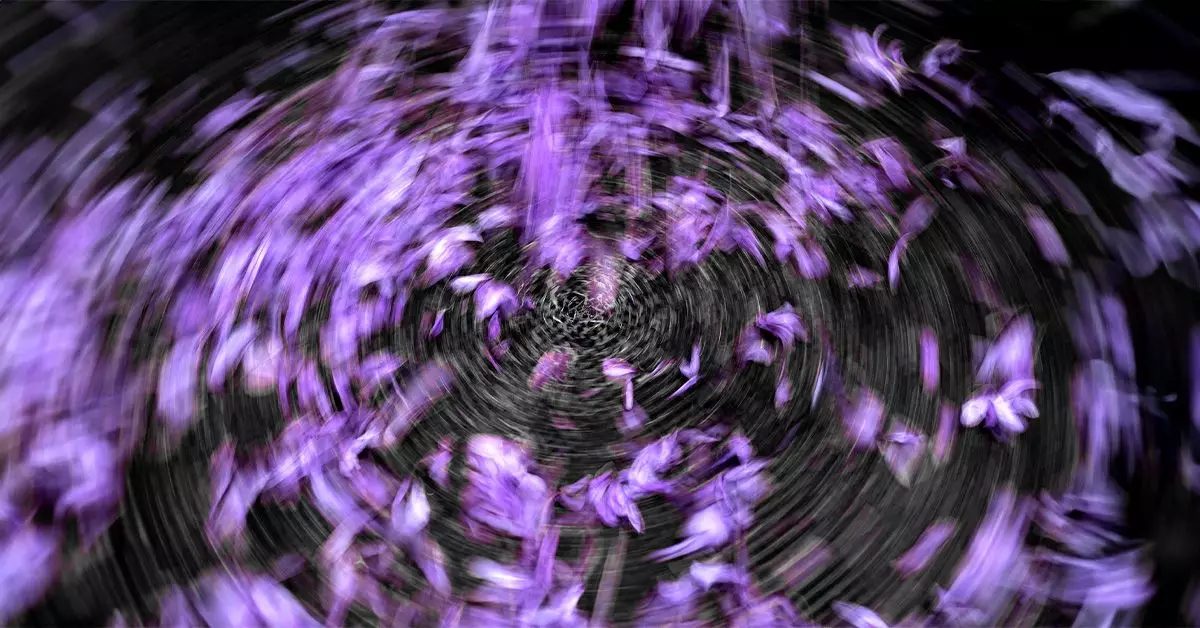Saffron, scientifically known as *Crocus sativus L.*, is a spice derived from the flower of the saffron crocus. This vibrant, crimson-hued spice has been esteemed for its culinary flavor, but it is equally recognized for its historical significance in traditional medicine. Saffron has found a place in various cultures, where it has been utilized for thousands of years due to its supposed therapeutic benefits, including those related to mood and mental health. While its use is entrenched in herbal medicine, the contemporary scientific scrutiny into saffron’s efficacy, especially regarding anxiety relief, is modest at best.
Anxiety, a common emotional response to stress or perceived threats, can sometimes escalate into more severe disorders. In today’s fast-paced world, many individuals deal with persistent anxiety that can significantly impair daily functions. Typical treatments for anxiety range from medication to psychotherapy. However, as interest in alternative therapies grows, many are turning to herbal remedies like saffron to augment their mental wellness strategies.
The quest to validate saffron’s role in anxiety treatment has been met with a mix of optimism and skepticism. Several studies have suggested that specific compounds in saffron, such as safranal, could bear similarities to conventional anxiolytic medications like diazepam, particularly due to their interactions with gamma-aminobutyric acid (GABA) receptors in the brain. This foundation of inquiry indicates a possibility that saffron may mitigate anxiety sensations, but substantial evidence is lacking.
One notable study conducted in 2020 involved a cohort of 56 individuals who took 30 mg of saffron daily over eight weeks. Despite participants reporting improvements in their depression levels and responses to stress, no significant changes in anxiety levels were observed. Similarly, a 2019 meta-analysis encompassing 23 studies offered a glimpse into saffron’s potential, yet it ultimately concluded that the quality of evidence supporting its use for anxiety relief was insufficient. Thus, while saffron is suggested to have some inherent potential, it cannot be relied upon as a standalone treatment for anxiety disorders.
Moderation is key when introducing any new substance into one’s diet, and saffron is no exception. While small amounts can enhance culinary dishes and potentially lend minor benefits, the dosages need careful attention. Research indicates that excessive saffron consumption can be toxic, with studies suggesting that 5 grams per day may pose risks and doses beyond 20 grams could be fatal. Therefore, daily ingestion should ideally be limited to around 1.5 grams to minimize harm.
Interestingly, some reports have indicated that saffron can paradoxically induce anxiety as a side effect. This contradiction highlights the importance of proceeding with caution and underscores the necessity for more research. Individuals considering saffron supplementation should ideally consult a healthcare provider before initiating consumption, particularly if they already face issues with anxiety.
For individuals grappling with anxiety, numerous treatment avenues are available. Psychotherapy offers tailored responses to individual anxieties and fears, promoting coping strategies and skill building. Cognitive Behavioral Therapy (CBT), exposure therapy, and acceptance and commitment therapy (ACT) are among commonly practiced modalities that have demonstrated effectiveness.
Additionally, pharmacological treatments frequently complement these therapeutic approaches. It may involve a process of trial and error to discover the right medication, as each individual responds differently to various substances. Alongside standard treatments, patients might explore complementary approaches, such as mindfulness techniques, acupuncture, and movement therapies to further alleviate anxiety symptoms.
While saffron boasts a rich history of purported benefits, including anxiety relief, the current body of scientific evidence remains tenuous. Individuals may explore saffron in moderation, primarily as a culinary spice, but reliance solely on it as a therapeutic solution for anxiety could be misguided. Robust treatment frameworks established by mental health professionals, including psychotherapy and medications, offer more dependable routes to managing anxiety effectively.
As the exploration of herbal remedies continues to advance, it is crucial for individuals struggling with anxiety to stay informed, remain cautious, and consult healthcare professionals to devise a comprehensive treatment strategy. If anxiety becomes burdensome or disrupts day-to-day life, seeking professional assistance is a vital step toward achieving well-being and balance.

